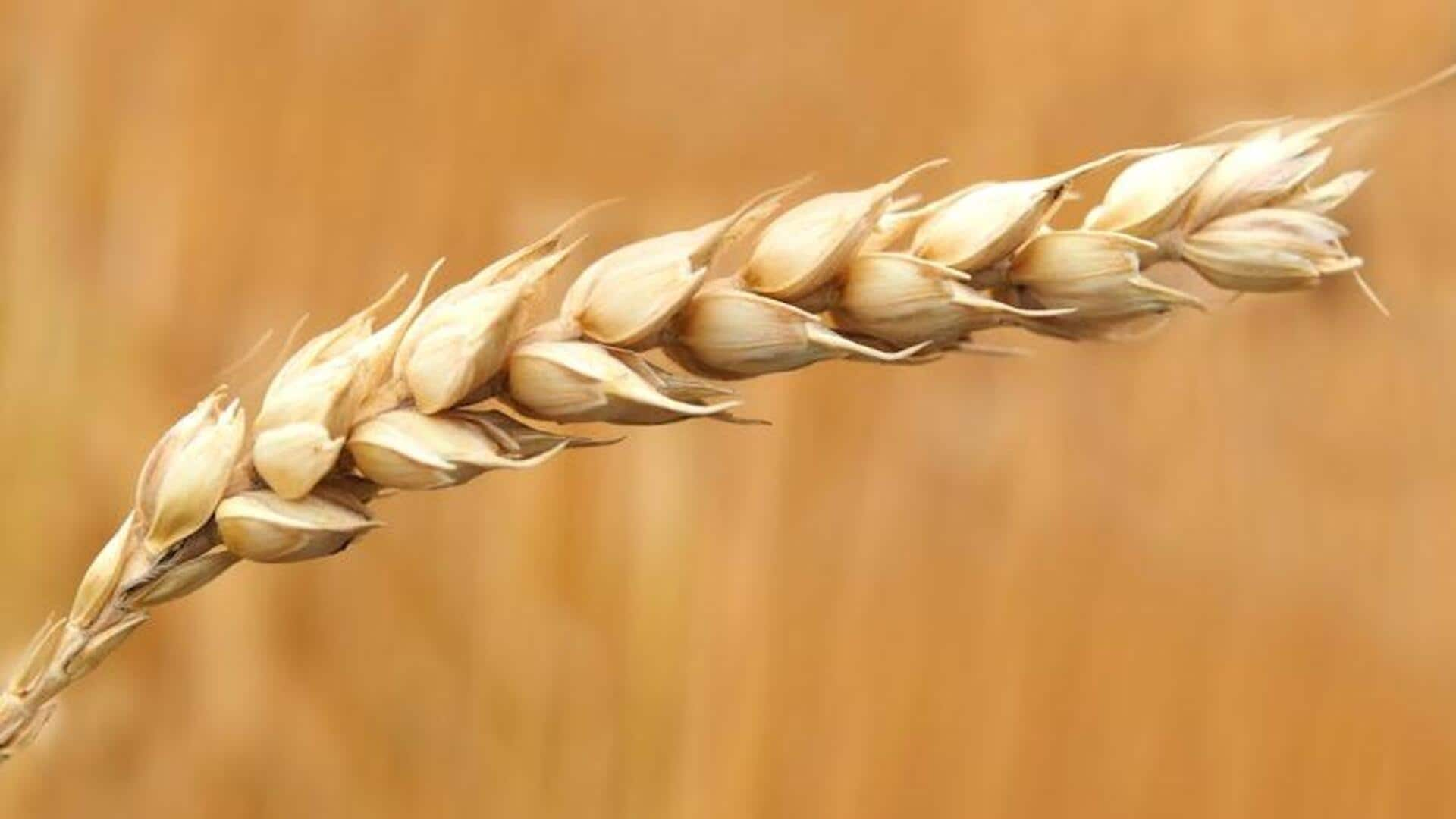
Whole wheat v/s spelt: Which is better for your digestion?
What's the story
Whole wheat and spelt are two grains that are often pitted against each other for their nutritional benefits, particularly when it comes to digestion. Both the grains have been a part of diets around the world for centuries. Knowing what sets them apart can help you choose which one would better support your digestive health. Let's explore various aspects of whole wheat and spelt to find out their potential digestive benefits.
Nutrients
Nutritional composition comparison
Whole wheat is loaded with dietary fiber, which is important for a healthy digestive system. It is also packed with vitamins including B-complex and minerals like magnesium and iron. Spelt, on the other hand, provides a good amount of fiber as well, but is known for its higher protein content than whole wheat. It contains essential nutrients such as niacin, manganese, and phosphorus which help in overall health.
Gluten levels
Gluten content differences
Gluten is a protein present in many grains that may upset digestion for some. Whole wheat has gluten, which may upset those with gluten sensitivities or celiac disease. Spelt also has gluten, but slightly different forms that some people find easier to digest than traditional whole wheat gluten.
Fiber impact
Fiber's role in digestion
Dietary fiber is essential for healthy digestion as it helps with bowel movements and prevents constipation. Whole wheat delivers a good amount of insoluble fiber, which helps in adding bulk to stool. Spelt delivers both soluble and insoluble fibers which can help in digestion by slowing down the process of absorption and promoting regularity.
Ease of digestion
Digestibility factors
The digestibility of grains can vary based on individual tolerance levels. Some people find spelt easier to digest due to its water-soluble proteins that break down more readily during digestion compared to those found in whole wheat. However, personal experiences with these grains may differ widely among individuals.
Preparation tips
Cooking methods influence
Cooking methods can also play a role in how well these grains are digested. Soaking or sprouting whole wheat or spelt before cooking might make them easier to digest by breaking down complex carbohydrates into simpler sugars that the stomach can handle easily. Further, using fermented products like sourdough made from these grains could further improve tolerance levels for some.